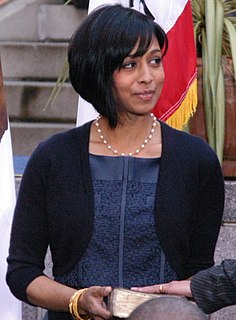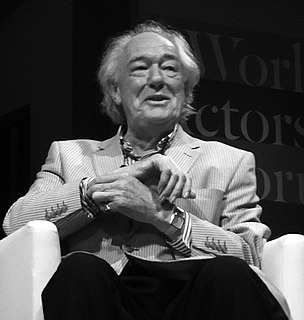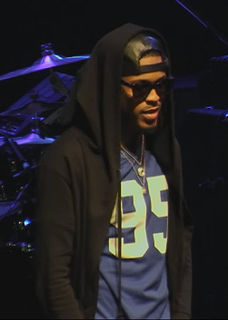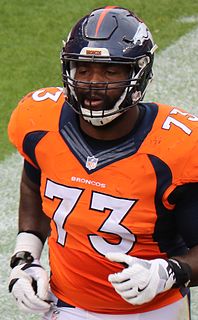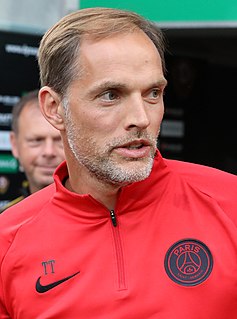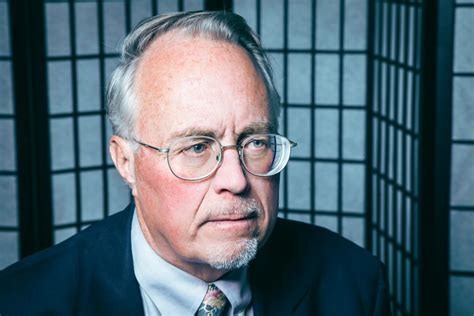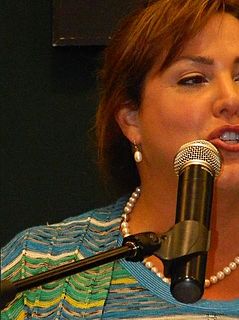A Quote by William A. Rusher
And Eleanor's husband was the man who did the interning. And I think they - Governor Warren, who was later to become such an impassioned Chief Justice on all sorts of human rights issues, was very big in the internment process. And I think that we simply sometimes tend not to understand or remember how people felt.
Related Quotes
I love the church. And the church is flawed. I think it's important that the issues of justice become important to the church. A lot of these churches don't necessarily take on justice because it affects dollars that come in. We need to start and assess the areas that we're in and not be so obsessed with becoming this big, huge church where everybody's pointing at one leader! We all should be pointing at Jesus, and if that's true we got to get to a place where the people become important to us. It kills me! It hurts me! Jesus has set the example. It's very clear!
Politically or ideologically oriented evaluations of Chief Justice Rehnquist should not overlook what a successful and popular chief justice he was within the Court as the justices' presiding officer, .. The contrast between Rehnquist's undeniably happy Court and that of his predecessor, Warren E. Burger, could not have been greater.
Ajamu Baraka is a human rights advocate and an international human rights advocate, who's been defending racial justice, economic justice, worker justice, indigenous justice, and justice for black and brown people all over the world, and in the United States has been helping to lead the charge against the death penalty here, and is an extremely eloquent and empowering person. And one of the great things about running with him is that we speak to all of America.
I'm struck by how very few people outside a rarefied world of true believers understand what you mean when you say human rights - that includes development experts and economists who are very keen to implement the UN Millennium Development Goals. They've told me quite frankly, that they don't know exactly what a human rights approach is.
I tend to think that we are all pretty much alike. We all feel despair. We all have problems with relationships. We all become afraid. We all look at others and think these other people are more fortunate than us. Certainly the details of our life are unique. Spending time thinking of how I am different from someone else, however, does not tend to be very productive.
I am honored to have Ajamu Baraka as a running mate. I think he brings enormous credibility in the disenfranchised communities, not just African American but Latino, Asian American and Native American. He is a recognized advocate for racial justice, economic justice and human rights, and I think this conversation is only just begun. It is very important.
I think that Eleanor Roosevelt really learned about the limits of power and influence from Arthurdale. She could not make some things happen. And she particularly learned that she could not, just because she was nominally in charge, she could not change people's hearts and minds; that a very long process of education would result before race was on the national agenda. And it really did move her into the racial justice arena with both feet. She came out fighting.
I think this is exactly where the action is, is in the middle. I have seen it when I was governor of the state of California. I have seen it firsthand, that the only way we brought Democrats and Republicans together, we could really solve very important issues. I remember that's how we really started rebuilding California and invested $60 billion in infrastructure.

